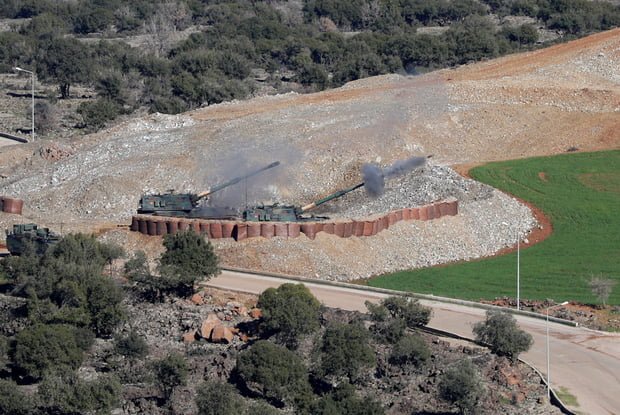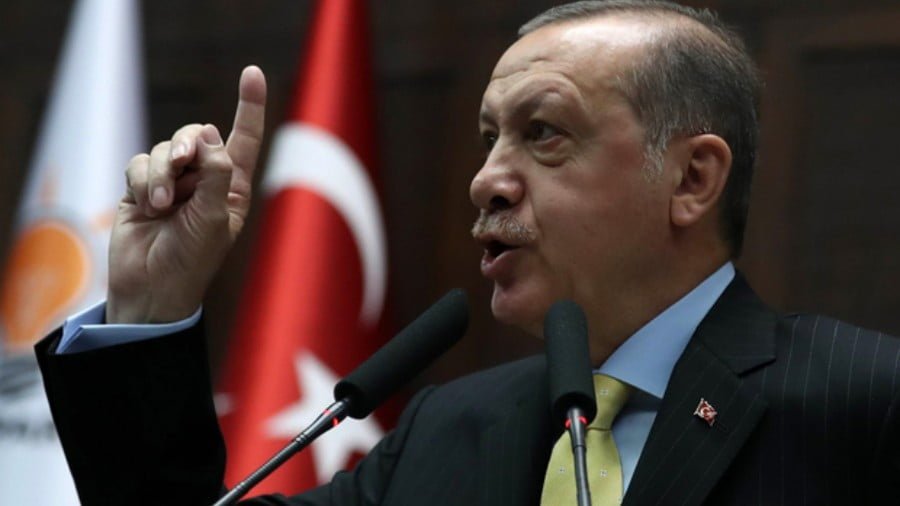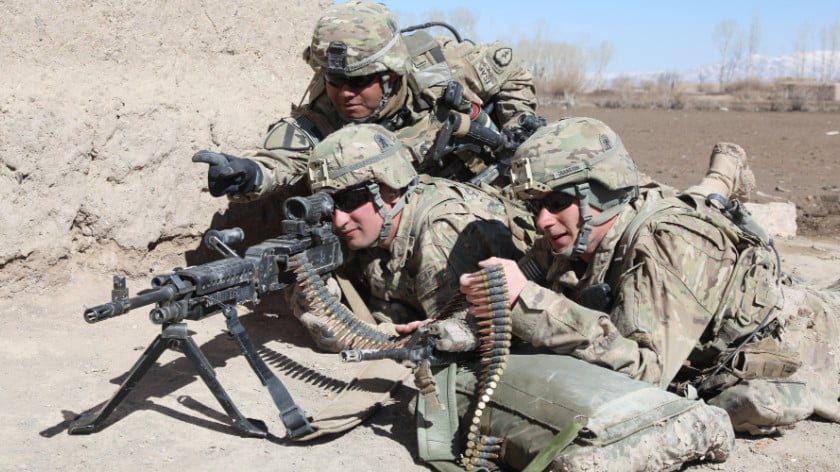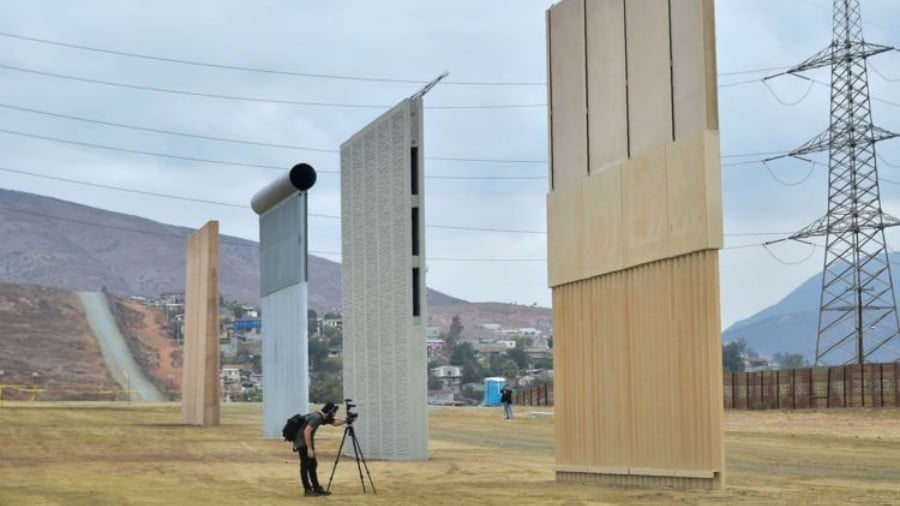Turkey Launches Operation Against Kurdish Militia in Syria
Turkey on Saturday launched a new air and ground operation to oust Kurdish militia from a northern Syrian enclave, defying US warnings that the action risked destabilising the area.
Turkey had in recent days sent dozens of military vehicles to the border area and readied pro-Ankara Syria rebels in preparation for the operation against the People’s Protection Units (YPG) militia, which Turkey deems to be a terrorist organisation.
President Recep Tayyip Erdogan had repeatedly vowed that Turkey would root out “nests of terror” in Syria, despite warnings that the operation could be militarily tough and complicate relations with Washington and Moscow.
The Russian foreign ministry, whose opinion is seen as crucial in determining how far the operation goes, said it had received the news of the campaign with concern and urged restraint.
Dubbing the new campaign operation “Olive Branch,” the Turkish army said it had begun at 1400 GMT and was aimed against the YPG and also Islamic State.

Turkish government spokesman Bekir Bozdag on Saturday said the military operation in Afrin was legitimate and in accordance with international law.
“Operation Olive Branch was launched within the scope of legitimate defence as described by article 51 of the UN and UN security council resolutions 1624, 2170 and 2178,” Bozdag wrote on Twitter.
The army said the operation would respect Syria’s territorial integrity and be justified by Turkey’s rights under international law.
The air campaign came mere hours after Turkish President Recep Tayyip Erdogan said the military offensive on Afrin had “de facto” started.
In a televised speech, Erdogan said: “We will destroy the terror corridor gradually as we did in Jarabulus and El-bab operations, starting from the west. The Afrin operation has de-facto started in the field.”
He also added: “This will be followed by Manbij,” referring to another Kurdish controlled Syrian town to the east.
Erdogan has repeatedly said he would crush the Syrian Kurdish militia in Afrin, which he views as a security threat to Turkey.
Turkey’s army said it shelled shelters and hideouts in Afrin used by militants from the Kurdistan Workers’ Party (PKK), PYD and YPG.
It also accused the Kurdish militia groups of using civilians as human shields.
The militants had earlier fired on Turkish positions, the army said in a statement.
Defence Minister Nurettin Canikli on Friday confirmed that Turkey’s operation in the region had started with cross-border shelling, but no troops had gone into Afrin.
“The situation in Efrin is serious, we are at war, Turkey is forcing us into a war”
–Hevi Mustafa, Co head of local adminisrtation in Afrin
Hevi Mustafa, the co-head of the local administration in Afrin told Middle East Eye that she was disappointed in the international reaction.
“We call on the international community to hold Erdogan accountable and stop the bombing of Afrin,” Mustafa told MEE.
“For three days, Turkish forces and their proxy groups are targeting the Afrin border, and certain points near Afrin and our forces are responding to it,” she added.
“The situation in Afrin is serious. We are at war. Turkey is forcing us into a war,” Cemil Suleyman, a foreign affairs official of the local administration in Efrin said.
Russian military observers
The shelling took place amid reports Russian military observers were withdrawing from the Syrian-Kurd canton, in a move that would allow Turkish forces to launch a ground assault on Kurdish militants.
Russia has based military observers in Afrin since 2015, and the subject of their removal was part of negotiations between Turkey and Russia yesterday over what President Erdogan said was a matter of national security.
Turkish media reported that approximately 180 Russian observers were pulling back from their positions on the Afrin/Turkish border, hours after Turkish artillery began what Ankara said was the “de facto” start of operations against members of the Kurdish YPG militia, which it considers part of the PKK terrorist group.
“These reports have been denied”
Sergei Lavrov, Russian Foreign Minister
Russian Foreign Minister Sergei Lavrov said on Friday as saying media reports about Russian military units withdrawing from Syria’s Afrin region had been denied.
“These reports have been denied,” RIA news agency quoted Lavrov as saying. He did not specify who had denied them.
The Russian and US military chiefs of staff also reportedly had a phone conversation around the time when Turkish jets launched their sorties over Afrin, local media said.
Turkish media reported that military planning for the assault was complete and two brigades and 5,000 FSA fighters were expected to participate.
Images on Friday showed what appeared to be around 20 busloads of FSA fighters moving toward the Syrian border near the vicinity of Afrin.
Media reports also stated that General Ismail Metin Temel lauded as a hero of Turkey’s Euphrates Shield military incursion into northern Syria in 2016, was handed charge of the Afrin offensive.
Turkey’s Euphrates Shield was launched on 24 August 2016 and cleared a roughly 2,000 square km area from IS and YPG control.
Ankara’s prime objective in Syria currently is to prevent the Syrian-Kurdish PYD/YPG group from forming a corridor along its border with Turkey that would stretch from the Iraqi border to the Mediterranean Sea.
Source: Middle East Eye







